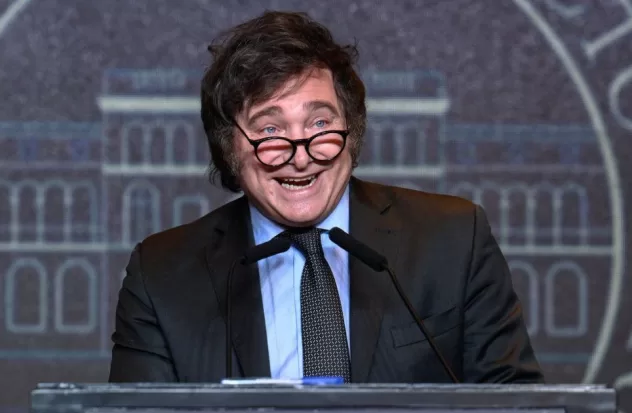BUENOS AIRES.- He Argentine government launched this Wednesday a money laundering There will be no limit on the amount as long as the money remains in the local financial system until December 31, 2025, the presidency reported.
The measure, included in a fiscal package of reforms that promoted the Javier Milei’s government which were approved by Congress, allow for the regularization of up to 100,000 dollars without any requirement, and for larger amounts the condition is that they remain deposited until the end of 2025 or invested in instruments to be defined by the Ministry of Economy.
The law allows for the regularization of taxes owed, property and assets, both for residents in the country and for those Argentines who moved their tax residence to other countries.
“This is in line with continuing to remove the burden of the State from taxpayers. The new fiscal pact is for all those who escaped the clutches of politics and the permanent change of rules that occurred in Argentina,” said presidential spokesman Manuel Adorni at his daily press conference.
The money laundering is launched at a time when the Government needs to strengthen its dollar reserves which are located at 28.172 million dollars, according to the report Banco Central this Tuesday.
Since Monday the Banco Central actively intervenes with its reservations in the foreign exchange market to regulate the quotations in foreign exchange transactions through bonds, after the exchange rate soared last week.
The operation managed to contain prices, but raised doubts about the impact that these operations will have on the level of reserves of the Central Bank, which was reflected in a rise in the country risk measured by S&P, which exceeded 1,600 points on Wednesday.
In Argentina Restrictions on the acquisition of foreign currency have been in place since 2019, measures that President Milei promised to eliminate, although he did not give a deadline for doing so.
The so-called “cepo” on the purchase of foreign currency encouraged the flourishing of a black market for exchange and also for financial instruments that allow the legal purchase of foreign currency.
Thus, several exchange rates coexist, including the “blue” or informal rate, which was quoted on Wednesday almost 50% above the official rate of 942 pesos per dollar.
Source: With information from AFP

